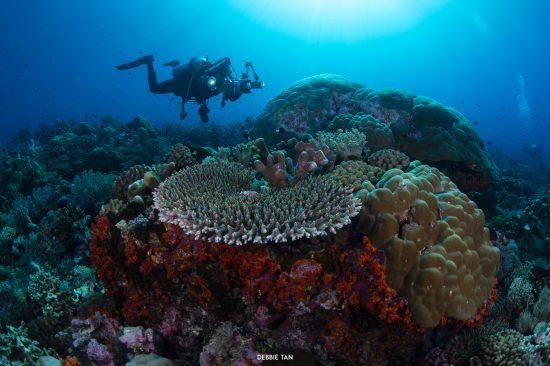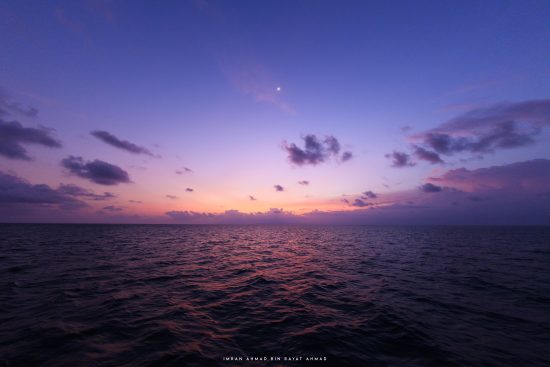



On a momentous occasion, the United Nation's first-ever treaty on protecting international high seas opened for signature in the 20th September 2023, with 67 countries signing it on the first day.
The agreement is officially known as the treaty on "Biodiversity Beyond National Jurisdiction," or BBNJ. It is considered a key tool to creating protected marine areas in international high seas. High seas are ocean areas which lie outside of any single country's jurisdiction (starting beyond 200 nautical miles, or 370 kilometers, off coastlines) and cover nearly half the planet.
The treaty introduces requirements to carry out environmental impact studies for proposed activities on the high seas, such as the extraction of mineral resources, and introduces rules to protect biodiversity.
On the first day, the treaty was signed by: Antigua and Barbuda, Australia, Austria, Bangladesh, Belgium, Bolivia, Bulgaria, Cape Verde, Chile, China, Colombia, Congo, Costa Rica, Croatia, Cuba, Cyprus, Denmark, Dominican Republic, Estonia, Fiji, Finland, France, Gabon, Germany, Ghana, Honduras, Iceland, Indonesia, Ireland, Laos, Latvia, Lithuania, Luxembourg, Malawi, Malta, Marshall Islands, Mauritius, Mexico, Micronesia, Monaco, Nepal, Netherlands, New Zealand, Norway, Palau, Panama, Philippines, Portugal, Romania, Samoa, Seychelles, Sierra Leone, Singapore, Slovakia, Slovenia, Solomon Islands, Spain, St. Lucia, St. Vincent and the Grenadines, State of Palestine, Sweden, East Timor, Tuvalu, United Kingdom, Tanzania, United States of America and Vietnam.
The agreement marks the successful end to more than a decade of work and will close for signature on the 20th September 2025.
We're hopeful for what this treaty will mean for preserving the world's oceans and marine biodiversity.
To discover more about protecting the marine environment, check out the SSI Blue Oceans movement, supported by Mares.
 Mares
Mares 22nd September 2023
22nd September 2023